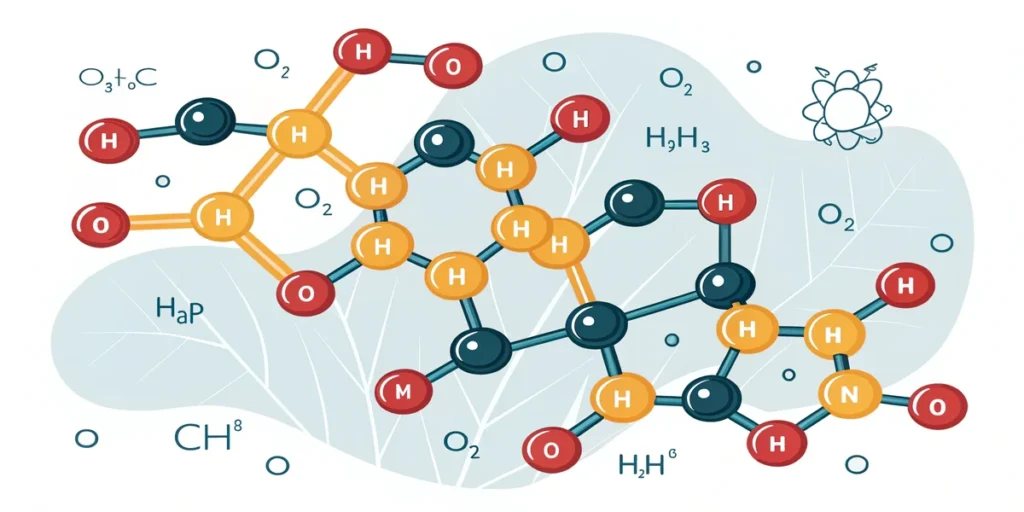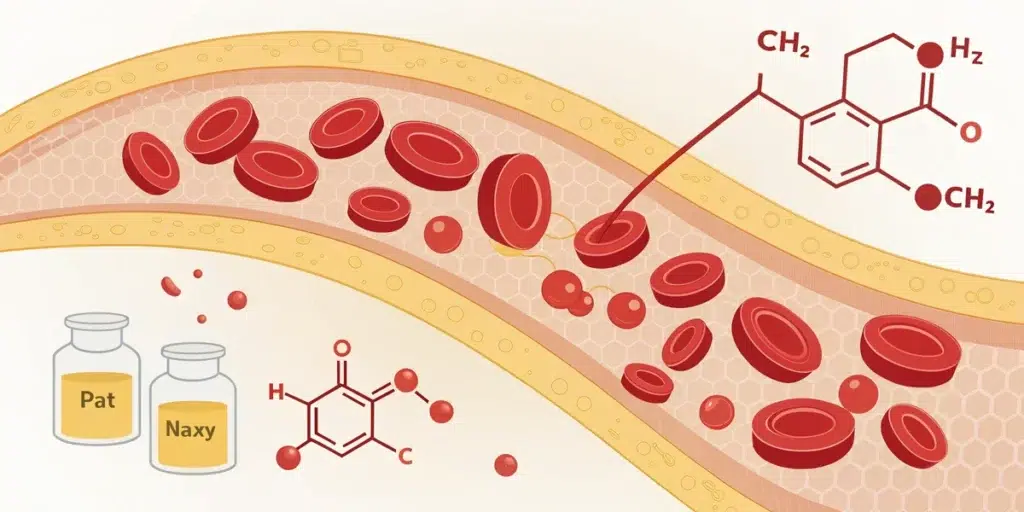Cholesterol has been a huge topic related to heart health for many years. However, many of the myths related to cholesterol confuse people. Though the Mayo Clinic and the American Heart Association have explained cholesterol well, certain myths about cholesterol and heart disease still seem to linger.
These myths further create serious confusion about how to manage cholesterol. They blur people’s understanding of how cholesterol functions for or against heart health and may lead to a higher risk of heart attack or stroke. This article discusses some of those myths and shares the scientific realities concerning cholesterol levels. We can start better conversations about keeping our hearts healthy.
What is Cholesterol?
Cholesterol is a greasy and vital substance in our bodies. It is required in the manufacture of hormones and keeps cell membranes strong. While our bodies produce a certain amount of cholesterol, we also get it from various foods.
Lipoproteins, including high-density lipoprotein, assist cholesterol in traveling in the blood by transporting it to and from our cells. Two important types have their main transportation: one is considered ‘bad’ and known as low-density lipoprotein (LDL), while the other is said to be ‘good,’ more correctly referred to as HDL. When the former levels are high, there is a greater risk for heart disease, whereas HDL helps lower the risk of heart disease.
Knowledge of the types of cholesterol is an entry into good health. What we eat, such as saturated fat, determines our cholesterol levels. Foods containing too much fat increase LDL.
Along with heart health, it involves keeping the levels of LDL and HDL in check. Blood tests can define our cholesterol levels, making it easier to make better food and other lifestyle choices.

Common Myths About Cholesterol
All the myths about cholesterol can make it confusing to understand what it is and how it works within our bodies, especially concerning cardiovascular risk. Below, we will list four major cholesterol myths that may lower cholesterol.
Myth 1: All cholesterol is bad.
Many believe cholesterol harms the body, but some myths and facts clarify its importance. The truth is that cholesterol helps make hormones and repair cells. So, what is needed is to know which is bad and which is good. The bad is low-density lipoprotein (LDL), while the good is HDL, which is important for maintaining heart health. It’s not a matter of avoiding it but rather striking a balance.
Myth 2: You should avoid all dietary cholesterol.
Some might say that cholesterol is a substance we should eliminate from our menu. In fact, studies demonstrate that, for most of us, dietary cholesterol intake does not relate to our blood cholesterol levels; instead, it is the saturated and trans fats that become dangerous. To help improve your cholesterol, eating more foods high in healthy fats, such as avocados and nuts, is a good idea.
Myth 3: Only overweight people have high cholesterol.
High cholesterol hits only the overweight-many believe, but this misconception overlooks those with familial hypercholesterolemia. But actually, high cholesterol can affect anybody, regardless of family history. Genetics can also raise cholesterol levels rather than weight.
Myth 4: Cholesterol levels are only affected by diet.
Some people believe that diet is all that matters regarding cholesterol, but genetics, exercise, and lifestyle also play significant roles. Management includes proper diet, exercise, and stress management.
The Truth About Cholesterol Levels
Knowing your cholesterol level is just part of being in good health, as it may indicate your overall cardiovascular risk. Most of the cholesterol in the body is in the form of bad low-density lipoprotein cholesterol and good high-density lipoprotein cholesterol. The right balance between these influences your cardiac risk.
High LDL causes blockage of the arteries. The results of this blockage are heart attacks and strokes.
Generally speaking, many things can change the level of your cholesterol. What you eat, how active you are, and your genes take part. Some individuals, for instance, have high cholesterol because their genes bearing those tendencies passed it down, no matter how healthy or not-so-healthy lifestyle they have lived.
The American Heart Association recommends periodic testing to monitor cholesterol. Knowing your risk factors, including those related to cholesterol, will give you better choices for food and exercise. Lowering bad LDL and raising good HDL cuts the risk of heart disease.

Managing Cholesterol Levels
Good cholesterol management includes diet and exercise—and sometimes medication to address issues like familial hypercholesterolemia. Nutritionally correct food intake is essential to maintaining low cholesterol levels. Avocados, olive oil, and fatty fish are healthy foods for the heart.
Adding more fiber to your diet helps improve your cholesterol levels, too. Oats, beans, lentils, and whole grains contain a lot of soluble fiber. They help take some of the cholesterol out of your body. Fruits and vegetables add measures to your diet that give you added nutrients and can help improve your cholesterol. The second important part of managing cholesterol is exercise.
Exercise will help improve weight and raise HDL, or good cholesterol, levels. To help lower cholesterol, spend 150 minutes in moderate exercise per week. This could be brisk walking, swimming, or cycling.
Some patients don’t eat enough or exercise enough. Physicians could prescribe Statins to bring down levels of LDL or bad cholesterol. Statins help keep cholesterol under control by working alongside diet and exercise. Regular checks help individuals know what they are doing and any changes that need to be made.
Conclusively, a healthy life lessens the chances of heart disease and stroke. The American Heart Association’s appropriate guidelines for maintaining good cholesterol may offer better cardiac health.
Summary
Good heart health requires knowledge about cholesterol and how it affects cardiovascular disease. This article clarifies some of the myths about cholesterol, such as that it is not all bad and that there is good cholesterol, which is important to the body. Knowing the difference between HDL and LDL cholesterol is also important.
When managing cholesterol, much more is involved than just what you eat. It is also about knowing your risks. Managing cholesterol well means a mix of regular Check-ups and healthy habits. Eating fruits, veggies, and healthy fats helps. Staying active may also help reduce cardiovascular risk. Moreover, it would help if you talked with doctors to devise a workable plan.
Resources from organizations like the American Heart Association and the Mayo Clinic have information related to cholesterol. The more you know about the truth concerning cholesterol, the better your choices can be. This helps keep your heart healthy and lowers the risk of diseases.
